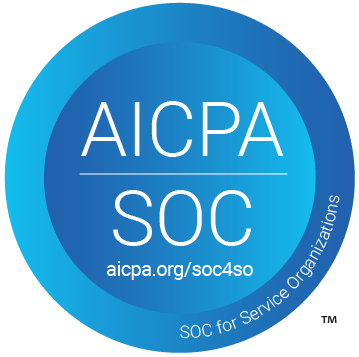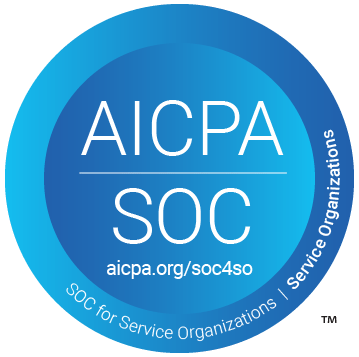Learn how to automate file conversion from MP4 to MP3 using Pabbly Connect, Cloud Convert, and OneDrive. Follow this step-by-step tutorial for seamless integration. This comprehensive guide reveals exactly how to connect your applications and automate repetitive tasks — accessible for professionals of all technical backgrounds.
Watch Step By Step Video Tutorial Below
1. Accessing Pabbly Connect for Automation
To automate file conversion from MP4 to MP3, we will use Pabbly Connect as our integration platform. Start by creating a free account on Pabbly Connect, which you can do by following the sign-up link provided. Once your account is set up, you will be directed to the Pabbly Connect dashboard.
In the dashboard, you can create a new automation workflow. Click on the ‘Create Workflow’ button, and you can name your workflow, for example, ‘OneDrive to Cloud Convert’. This initial setup is crucial for enabling the automation process.
2. Setting Up the Trigger for OneDrive
The first step in our automation process is to set up a trigger in Pabbly Connect. We will connect our OneDrive account to capture new MP4 files uploaded to a specific folder. In the trigger section, select OneDrive as the application and choose the ‘New File’ trigger event.
- Search for OneDrive in the app selection.
- Select ‘New File’ from the trigger event dropdown.
- Connect your OneDrive account by clicking ‘Connect with Microsoft OneDrive’.
After connecting, specify the folder path where your MP4 files are uploaded in OneDrive. The path must be entered correctly to ensure that Pabbly Connect can detect new files. Once the trigger is set, upload an MP4 file to test the connection.
3. Sending Files to Cloud Convert
In this step, we will send the newly uploaded MP4 file to Cloud Convert for format conversion using Pabbly Connect. After setting up the trigger, add an action step and select Cloud Convert as the application. Choose ‘Convert a File’ as the action event.
- Connect your Cloud Convert account to Pabbly Connect.
- Map the file URL from the trigger step to the Cloud Convert action.
- Specify the input format as MP4 and the output format as MP3.
After configuring these settings, initiate the conversion process. Remember to add a delay of 5-7 minutes to allow Cloud Convert to process the file. This delay ensures that the file is converted before the next action is executed in Pabbly Connect.
4. Uploading Converted Files Back to OneDrive
Once the conversion is complete, the final step is to upload the converted MP3 file back to OneDrive. In Pabbly Connect, add another action step and select OneDrive again. This time, choose ‘Upload a File’ as the action event.
During this setup, map the file name and file URL from the previous Cloud Convert step to ensure the MP3 file is uploaded correctly. Select the folder where you want to save the converted file in your OneDrive account. This action will complete the automation process, allowing you to seamlessly convert and store files.
5. Testing the Automation Workflow
After setting up the automation workflow using Pabbly Connect, it’s important to test it. Upload a new MP4 file to the designated OneDrive folder. Within a few minutes, Pabbly Connect will detect the new file, trigger the conversion, and upload the MP3 file to the specified folder.
Check the destination folder in OneDrive to confirm that the MP3 file has been successfully uploaded. This testing phase ensures that the entire automation process works as intended, providing you with a reliable solution for file conversion.
Conclusion
This guide summarizes the key points and helps you understand the essential features and benefits of using this tool.
Ensure you check out Pabbly Connect to create business automation workflows and reduce manual tasks. Pabbly Connect currently offer integration with 2,000+ applications.
- Check out Pabbly Connect – Automate your business workflows effortlessly!
- Sign Up Free – Start your journey with ease!
- 10,000+ Video Tutorials – Learn step by step!
- Join Pabbly Facebook Group – Connect with 21,000+ like minded people!
In conclusion, using Pabbly Connect to automate file conversion from MP4 to MP3 is a straightforward process that enhances productivity. By following the steps outlined in this tutorial, you can efficiently manage your file formats using Cloud Convert and OneDrive.






